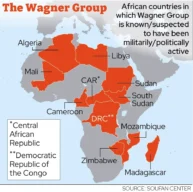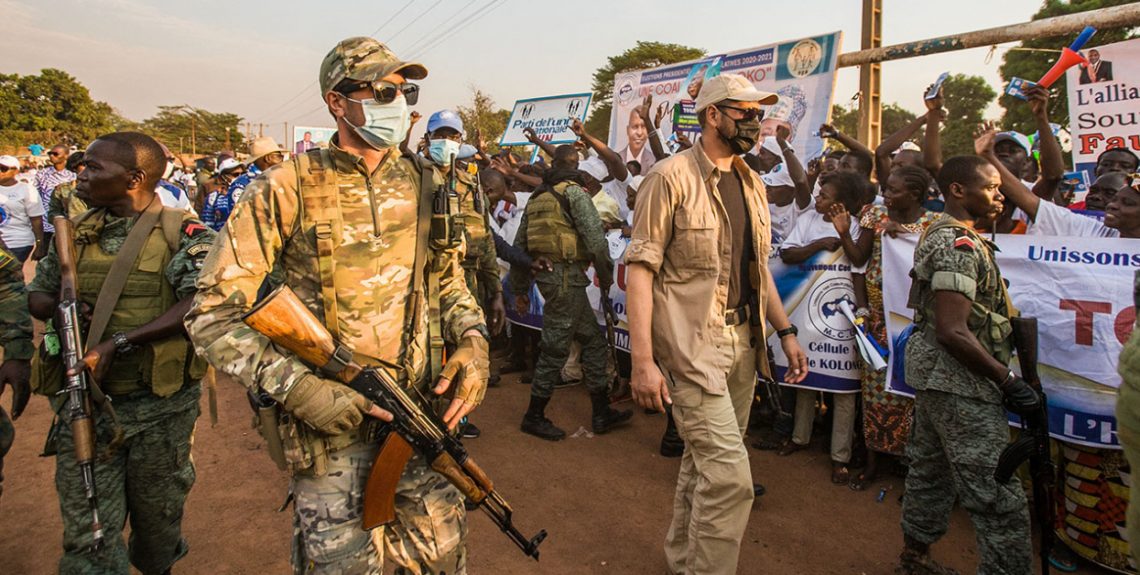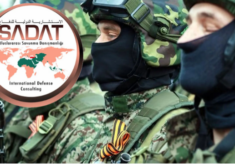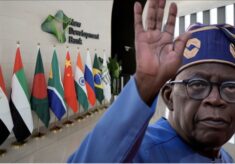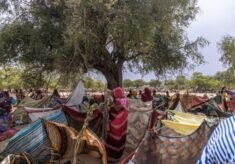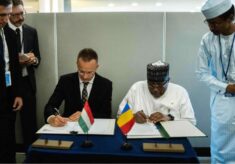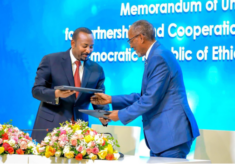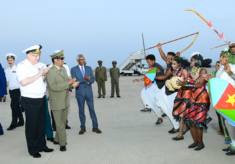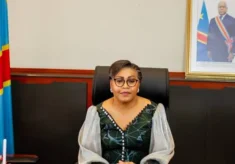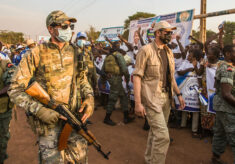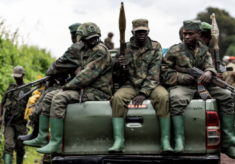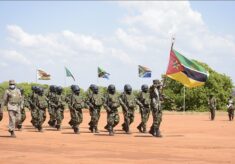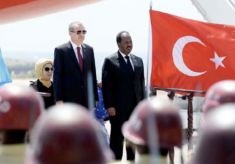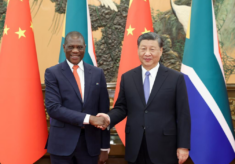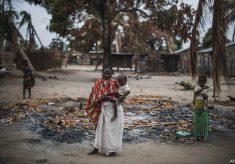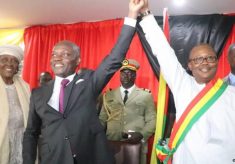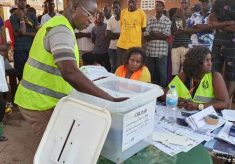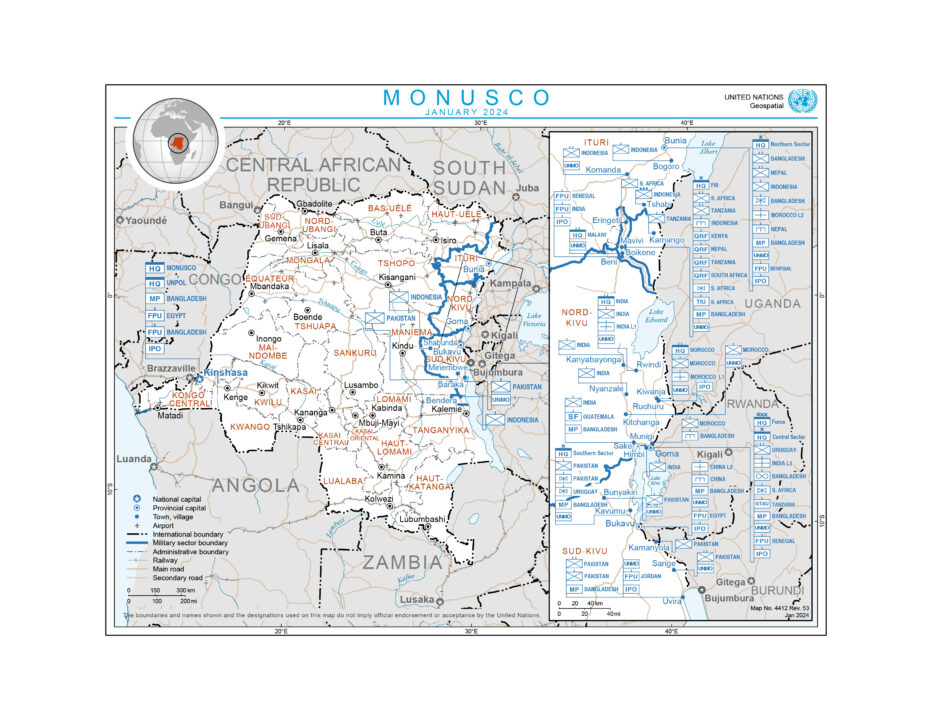
The 7 th of March, the Russian wire service Press Tass confirmed the approval in Russa of a draft agreement on military cooperation with the DRC. According to the media, this agreement would entail joint military exercises, visits of warships and aircraft on request and military training programmes. This agreement, voted unanimously by the State Duma, is an ambitious plan which intends to reuse all the military bases actually used by MONUSCO (Mission de l’Organisation des Nations Unies pour la stabilisation en République démocratique du Congo, see UN map) and expand the Russo-Congolese counter-offensive in all threatened provinces.
The discussion emerged as MONUSCO started withdrawing from the DRC in response to the formal request from the Congolese president and armed forces commander, Félix Tshisekedi. The frustration arising from the UN mission’s inefficiency in countering the spread of the M23 rebel group and the perception of the West’s complicity in the crisis has determined an anti-Western sentiment that the Congolese government uses as political leverage to pressure Western governments. Indeed, despite Tshisekedi’s declaration in October 2022 to exclude any appeal to Russian private military companies, he recently recalled that this eventual cooperation would represent a logical extension of the 1999 Russian-Congolese agreement on military-technical cooperation in the field of executive training for the FARDC (Forces Armées de la République Démocratique du Congo) that the then DRC president Laurent Kabila signed with Russia to provide arms delivery, advisory missions and training for military specialists in Russian schools.
